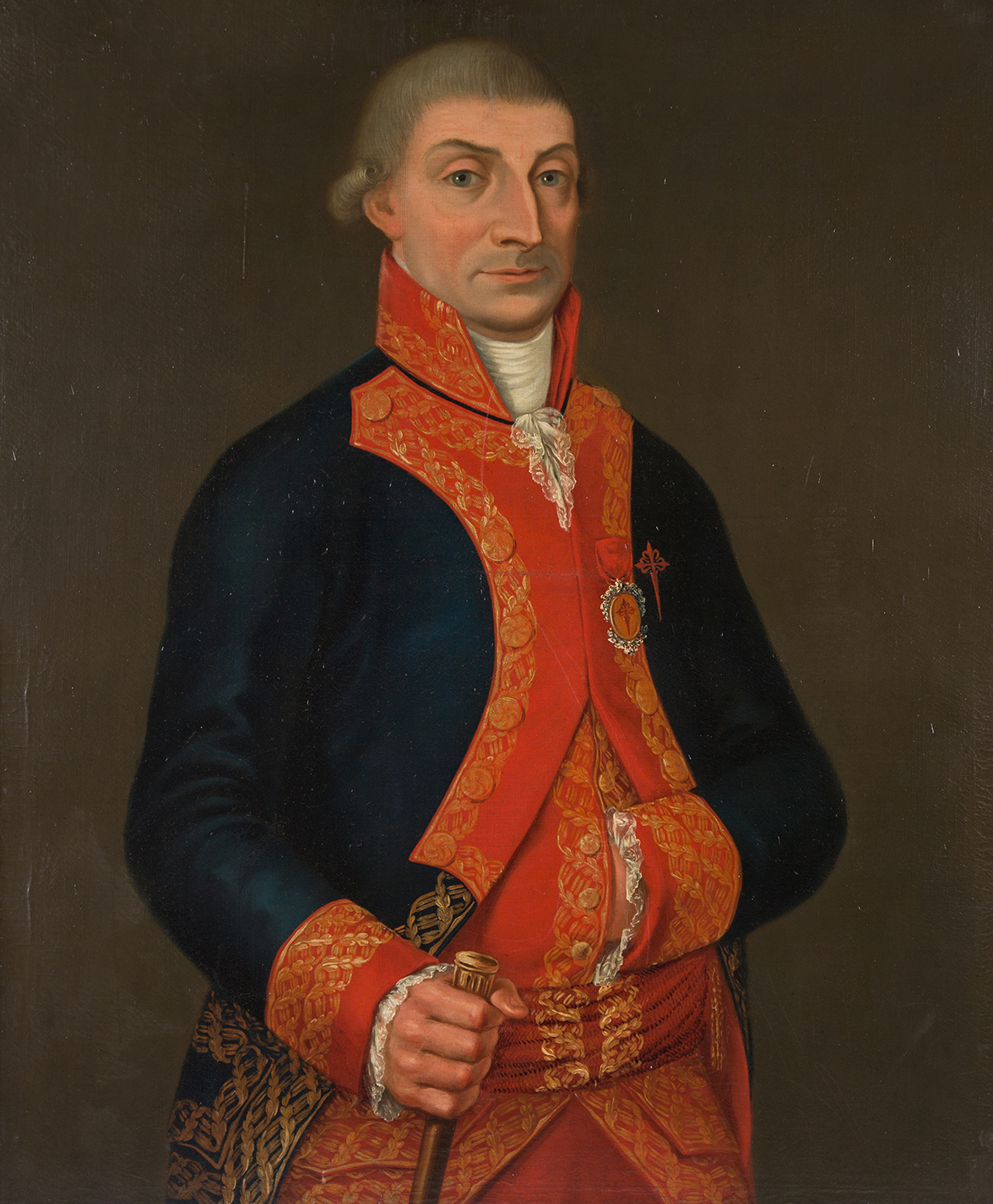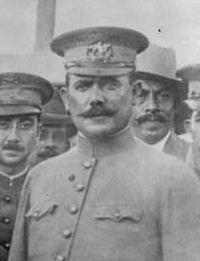As early as 1529 Spanish mining
expeditions were transporting the spoils of mining throughout the west to the
many ports in the south. As early as the 1600's many of the Indigenous had
organized preparing for a time where in the people of the west and those of the
south would rise up against their oppressor, and vanquish them from their
county, it would be another 300 years before this would happen however the
oppressor just changed their uniform.
Many of the indigenous had
organized throughout the west, both north and south the object was to lay
assault whenever possible to the many mule trains, this to cut off support of
funding hoping to rid their country of these intruders once and for all. The
average mule train which passed through the mountains was 50 to 100 mules, one
of the largest having been 480 mules loaded, with 400 mules carrying silver and
80 mules carrying gold. This assault took place in the early 1800’s and was
quickly cached at their nearby designated depository. Assaults such as these
had been taking place for near 300 years, some of the chache locations being
natural caverns of which they vowed to fill with gold and other with silver not
realizing that one day it would actually happen.
One such depository and
stronghold of over 100 years, acquiring much wealth as a result of the
robberies of many mule trains which passed by on the way to the port, sets high
in the mountains and had all but become a forgotten myth until a “noted
historian” in 1912 happened to be in the right place at the right time. While
doing some local research he was approached by an individual who had a very old
document written by one of the many captains of the organized bands of patriots
by the name of Juan Lauriano who with his brother Antonio and their merry band,
conducted many assaults on the Spanish shipments contributing to their
depository.
(pertinent
details removed)
The document was discovered
near one of the busiest ports of the day, in the day which it was written. The
document was discovered by an old Mexican woman digging in her garden, the
document was sealed inside a wooden iron bound chest. As per the document it
was written the 13th day of May 1818 and hidden in the ground, and
would be discovered less than 100 years later. The document speaks of a trail
of treasures each with explicit instructions as to how to find, giving a
starting location which was not easy to find. The trail of treasure was leading
to the stronghold and depository used for so many years.
In 1805 a feeble attempt to
find the stronghold with its booty was conducted by Viceroy Don
Jose de lturrigaray, confident he knew the
location of the Bandits stronghold, he set out for the mountains with 200 mules
and an undetermined number of men, and searched for months to no avail. Ironically
he and his men camped at the stronghold for 2 or 3 days using it as an outpost
and never knowing it was the bandit’s stronghold and location of the
depository.
José
de Iturrigaray, Viceroy of New Spain (1803-08)
The last attempt by the Spanish
army to find the stronghold, the depository and the assailants, was given to General
Miguel Jose de Azanza just prior to being named Vicroy of New Spain. After
capturing the Lauriano brothers and execution carried out, attempts to find the
lost booty as a result of 100 years of assaults came to an end.
In 1918 a woman from Spain
showed up in Mexico carrying documents pertaining to the strong hold, she took
the information to President Carranza, Carranza impressed with the documents
dispatch investigators to the area to gather all possible information pertain
to the site, however no sooner than they had arrived they were forced to leave
as a result of Obregon’s revolution in 1919, Carranza was killed not long after
and the whole thing came to an end, Until, the noted historian was in the area and the redoterro discovered by the
old woman, fell into his hands.
Carranza
Obregon
The noted historian suddenly
turned treasure hunter, spent near 6 month looking for the treasure at the end
of the trail of treasures. In his notes he mentions some of the smaller caches
had been found, but not the stronghold, he does not say whether it was he or
another who had found the smaller caches, After months of searching, never
knowing just how close he was, he aborted his first expedition when the area was
invaded by the army of Emiliano Zapata. Bogged down by his livelihood taking
assignment after assignment and years later tried to put together funding to
make a second trip, but it just didn’t happen.
The
army of Emiliano Zapata
To my knowledge no other has
gone looking for the depository, other than an occasional independent who
always left without success according to the land owner. Now the
information concerning this site rests in my hands and my colleague and friend
in Mexico
Wanted:
Financial and Working partner in the search and documentation of Antiquities,
Exploration, and Resolution of ancient sites.
Most of the projects we have
investigated in over the years and discovered the locations are waiting for technology,
the forgoing story is one of 5 projects where in we have exact instructions and
location. Funding is all we await. I don’t care how the funding comes or who
wishes to participate as long as true integrity is a personal quality, whether
one individual or several, I can’t promise success but I can promise should one
site not find success, we simply move to the next viable project and there are
many (76 Last count) from Northern Utah to Central America, from great
prominence to nothing more than first hand story or a location identified by
the signs found at the site. In the case of the previous featured synopsis
story, I only seek 10% and the land owner by local law is entitled to 50%, the estimated total haul is over 1 billion, this
does not include possible Aztec artifacts that are suspect of being among the
hoard, of which WILL be preserved and left in the care of my colleague to see
that it is placed in a museum for display.
Daniel






